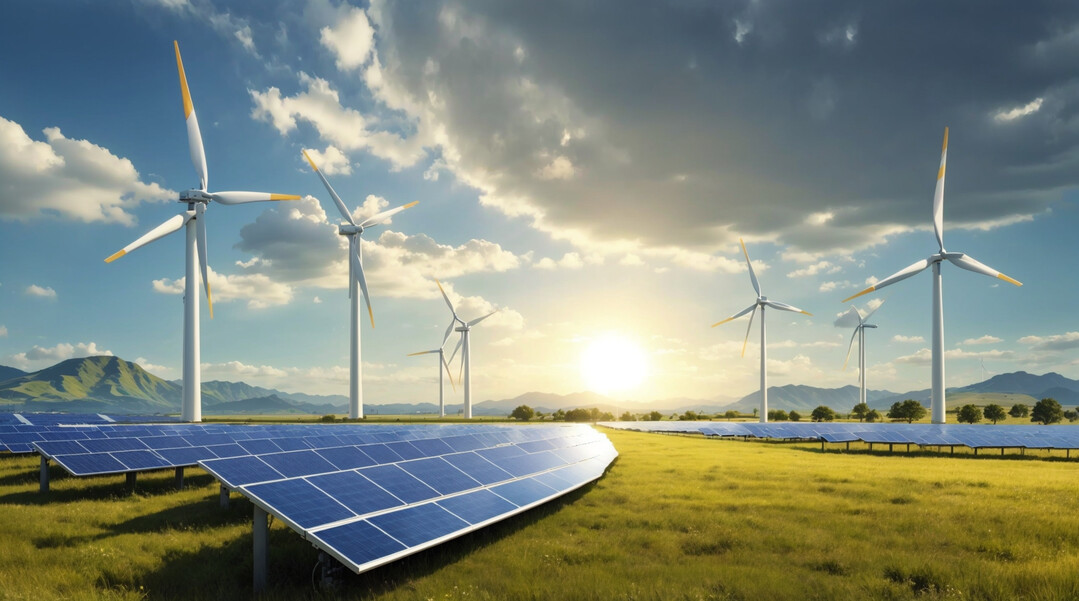
HANOI – Vietnam is actively seeking to attract greater private sector participation in its energy market, recognizing the crucial role of affordable and competitive electricity rates in ensuring stable revenue streams for businesses. A recent workshop held on February 18th highlighted the urgent need for substantial investments in clean energy to meet growing global demand and achieve Paris Agreement targets.
Dr. Nguyễn Ngọc Thủy, National Coordinator for the Southeast Asia Energy Transition Partnership (ETP) under the United Nations Office for Project Services (UNOPS), emphasized the significant investment gap between developed and developing economies. He noted that clean energy investment in developing economies needs to triple from $770 billion in 2022 to between $2.2 and $2.8 trillion annually by 2030. Currently, state-owned enterprises and governments contribute 50% of energy sector investments in developing countries, compared to just 15% in developed nations.
Vietnam views increased private sector involvement in energy projects as a key strategy to enhance production efficiency, promote sustainability, strengthen energy security, and drive economic growth. Phạm Minh Hùng, Deputy Director of the Department of Industrial and Service Economics under the Ministry of Planning and Investment (MPI), underscored the importance of existing policies like Resolution 55-NQ/TW, the 2024 Electricity Law, and Power Plan VIII in attracting private investment. He projected that by the end of 2024, Vietnam's total power capacity will reach 82,400 MW, with the private sector contributing over half.
A central theme of the workshop was the need for reasonable electricity prices that reflect production costs to incentivize private investment. Hùng suggested allowing the private sector to determine electricity purchase and sale prices within a government-established framework, emphasizing the importance of transparency, fairness, and non-discrimination among electricity enterprises. He also stressed the need for investment guarantee policies to protect investor interests.
Experts like Associate Professor Dr. Nguyễn Thị Nhung highlighted the importance of policy stability and clear pricing frameworks for renewable energy projects. Dr. Lê Xuân Nghĩa advocated for encouraging private investment across diverse energy sources, including wind, solar, nuclear, coal, and gas, and formalizing preferential policies for green investments, such as tax incentives and reduced fees for renewable energy projects.
Vũ Quỳnh Lê, Deputy Director of MPI's Bidding Management Department, noted that amendments to the 2024 Law on Investment provide a stronger legal foundation for attracting private investment in energy projects. To date, 19 Build-Operate-Transfer (BOT) projects in Vietnam's energy sector have mobilized nearly $2 trillion in capital.
Power Plan VIII estimates that Vietnam needs an average of $13.5 billion annually for the energy sector from 2021 to 2030, increasing to $20-26 billion per year from 2031 to 2050. However, Nguyễn Sĩ Dũng, former Deputy Head of the National Assembly Office, pointed out the lack of a competitive and transparent electricity price mechanism, arguing that current prices do not fully reflect production costs. He also highlighted challenges related to access to capital for smaller private businesses and rising land prices coupled with cumbersome administrative procedures hindering investment in energy transmission projects. The workshop participants recognized that addressing these challenges is essential for Vietnam to successfully attract the necessary private investment to meet its growing energy demands and achieve its sustainable development goals.
[Copyright (c) Global Economic Times. All Rights Reserved.]





























